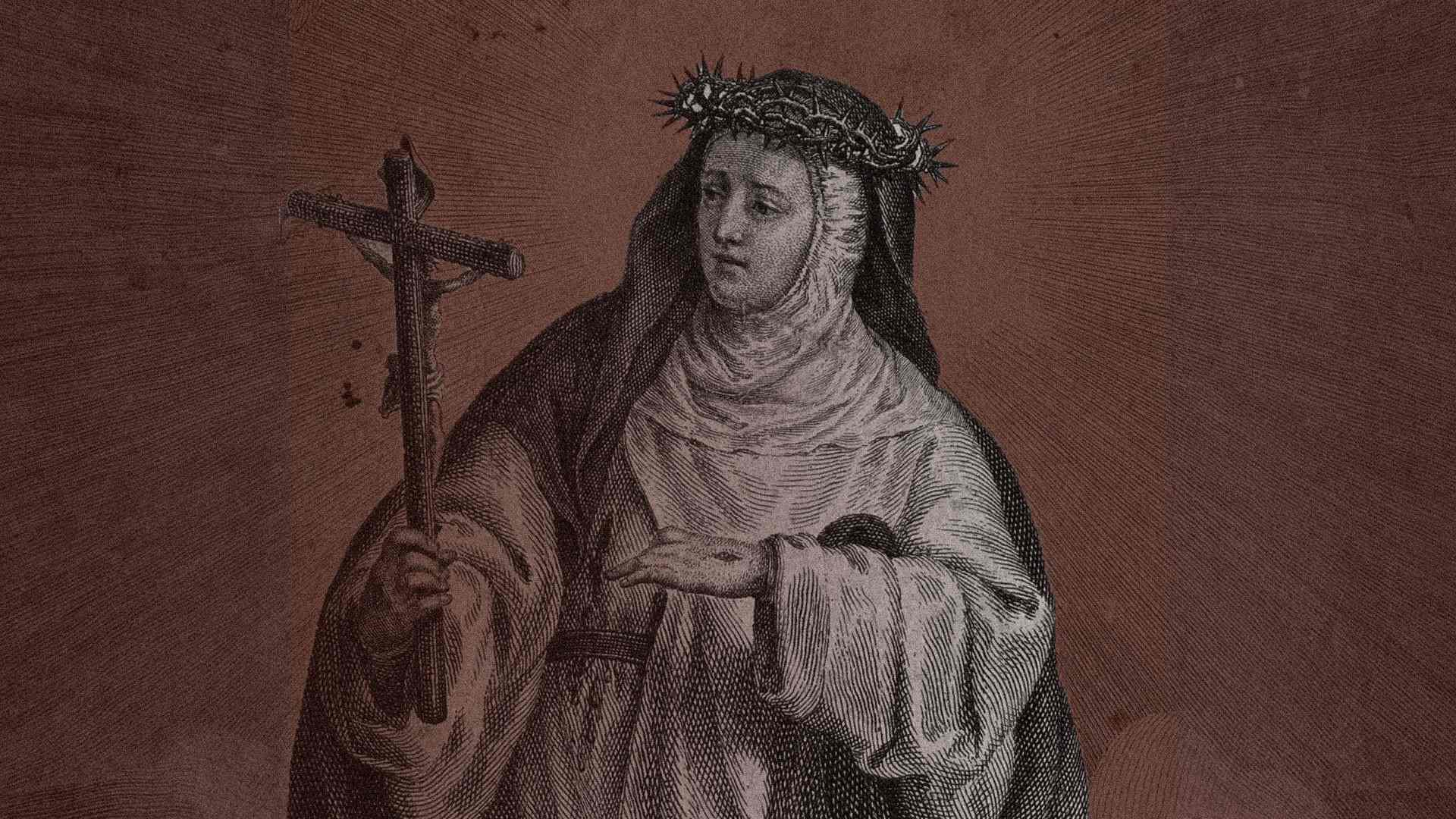
Christian Mysticism has intrigued believers and scholars for centuries. But what exactly is it? Christian Mysticism refers to the pursuit of achieving a direct, personal experience of God. Unlike regular religious practices, it emphasizes inner transformation and spiritual enlightenment. Mystics often engage in deep prayer, meditation, and contemplation to connect with the divine. This spiritual journey can lead to profound insights and a sense of unity with God. Throughout history, many mystics have shared their experiences through writings, art, and teachings, leaving a rich legacy for future generations. Ready to dive into the mystical world of Christian spirituality? Let's explore 16 fascinating facts about Christian Mysticism.
What is Christian Mysticism?
Christian mysticism is a spiritual tradition within Christianity that emphasizes direct, personal experiences of God. It often involves practices like meditation, prayer, and contemplation to achieve a deeper connection with the divine.
-
Ancient Roots: Christian mysticism dates back to the early centuries of Christianity, with roots in the teachings of Jesus and the apostles.
-
Desert Fathers: The Desert Fathers and Mothers, early Christian hermits in Egypt, are considered some of the first Christian mystics.
-
Mystical Theology: Pseudo-Dionysius the Areopagite, a 5th-century Christian theologian, wrote influential texts on mystical theology.
Key Figures in Christian Mysticism
Several individuals have significantly shaped Christian mysticism through their writings and teachings. These figures are often revered for their deep spiritual insights and experiences.
-
St. John of the Cross: A Spanish mystic and poet, St. John of the Cross is known for his works on the "dark night of the soul."
-
St. Teresa of Ávila: A Spanish nun and mystic, St. Teresa of Ávila wrote extensively about her mystical experiences and visions.
-
Meister Eckhart: A German theologian and mystic, Meister Eckhart's sermons and writings explore the nature of God and the soul.
Practices in Christian Mysticism
Christian mysticism involves various practices aimed at fostering a closer relationship with God. These practices are often deeply personal and transformative.
-
Contemplative Prayer: This form of prayer focuses on quieting the mind and being present with God.
-
Lectio Divina: A traditional practice of scriptural reading, meditation, and prayer intended to promote communion with God.
-
Meditation: Christian meditation involves focusing on a word, phrase, or scripture to deepen one's spiritual awareness.
Mystical Experiences
Mystical experiences are central to Christian mysticism. These experiences often involve profound encounters with the divine that transform the individual's understanding of God and themselves.
-
Visions: Many Christian mystics report having visions of Jesus, Mary, or other holy figures.
-
Ecstasies: Mystics like St. Teresa of Ávila describe states of ecstasy where they feel an intense union with God.
-
Inner Light: Some mystics speak of an "inner light" or divine illumination that guides their spiritual journey.
Influence on Christian Thought
Christian mysticism has had a significant impact on Christian theology, spirituality, and practice. Its influence can be seen in various aspects of Christian life and worship.
-
Spiritual Writings: The writings of Christian mystics have inspired countless believers and continue to be studied for their spiritual depth.
-
Monastic Traditions: Many monastic orders, such as the Carmelites and the Benedictines, incorporate mystical practices into their daily routines.
-
Modern Spirituality: Contemporary Christian spirituality often draws on the insights and practices of mystics to foster a deeper relationship with God.
Challenges and Criticisms
Despite its rich tradition, Christian mysticism has faced challenges and criticisms over the centuries. These often stem from misunderstandings or differing theological perspectives.
- Heresy Accusations: Some mystics, like Meister Eckhart, faced accusations of heresy due to their unconventional teachings.
Christian mysticism remains a profound and influential aspect of the Christian faith, offering a path to deeper spiritual understanding and connection with the divine.
The Essence of Christian Mysticism
Christian mysticism offers a rich tapestry of spiritual experiences and insights. It emphasizes a personal connection with the divine, often through contemplative practices like prayer, meditation, and the study of sacred texts. Mystics like St. John of the Cross and Teresa of Ávila have left behind writings that continue to inspire seekers today. Their experiences remind us that spirituality isn't just about rituals but about a deep, transformative relationship with God.
Understanding these mystical traditions can enrich one's faith journey, providing a deeper sense of purpose and connection. Whether you're a devout believer or just curious, exploring Christian mysticism can open new avenues for spiritual growth. So, dive into the writings, practices, and lives of these mystics. You might find that their wisdom speaks to your soul in unexpected ways.
Was this page helpful?
Our commitment to delivering trustworthy and engaging content is at the heart of what we do. Each fact on our site is contributed by real users like you, bringing a wealth of diverse insights and information. To ensure the highest standards of accuracy and reliability, our dedicated editors meticulously review each submission. This process guarantees that the facts we share are not only fascinating but also credible. Trust in our commitment to quality and authenticity as you explore and learn with us.


